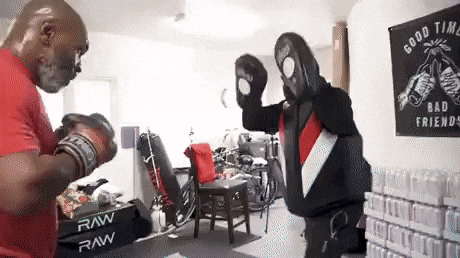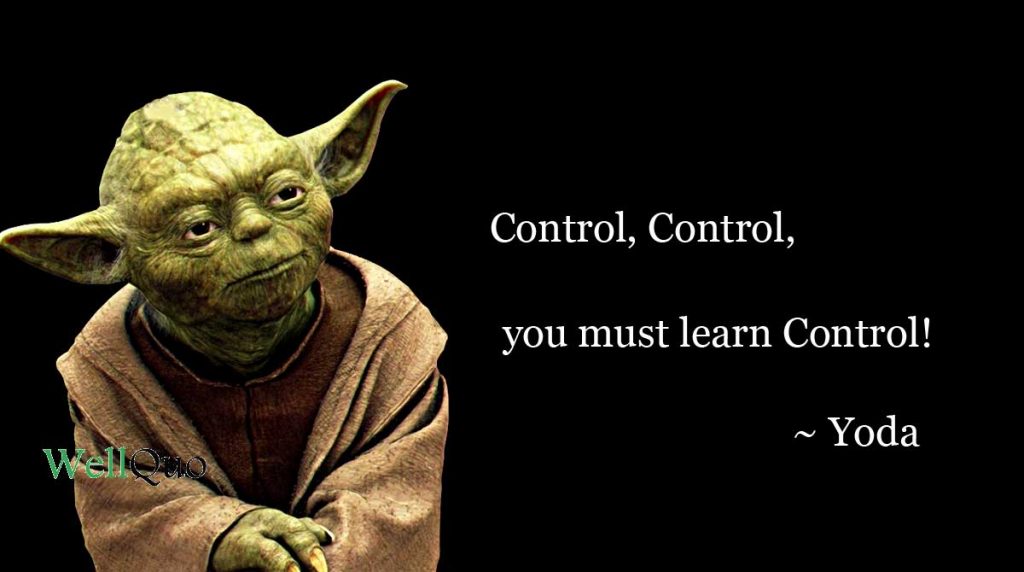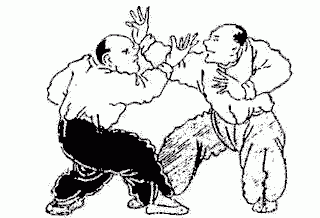Importance of Refinement and Technique
“When crossing hands with ordinary people you do not need to use too many techniques, broad knowledge of many techniques is not refinement; the changes within a body are simply infinite. When skilled people compete in martial skills it is similar to a general using his soldiers: having good soldiers without brave officers and you can not win battles, having good skill in technique without good kungfu and you can not win over others. Therefore in speaking of soldiers it is not in their numbers that is important it is their bravery; skill and technique being plentiful is not as important as their refinement.”
Gao Yisheng
One of those things that sometimes seems impossible to get across as a teacher is the idea of getting students to commit to training something simple but to a very high degree of attainment. Everyone wants to understand it all, but few seem to want to train it such that they eventually can.
”I fear not the man who has practiced 10,000 kicks once, but I fear the man who has practiced one kick 10,000 times.”
Bruce Lee
Some styles of martial arts seem to have no issue with that. If you go to a boxing gym, you are basically just going to learn 4 punches and drill the heck out of them. No one expects more than that. No one is going to their boxing coach and saying: “that’s cool, but what about elbows, or defending against a shoot?” You don’t do that. You go in, you do your 4 punches with footwork, you work your punches against a heavy bag, you work your punches in the air, you work your punches while also doing strength and conditioning, you work your strength and conditioning with the goal of being more effective with your punches, you work your punches with combos on the focus mitts, you work your punches in the ring, you work your punches on different sizes of opponents, you work your punches on different strengths of opponents, you work your punches on different styles of opponents, you work your punches with all sorts of angles on entry, you work your punches with varied timing, you work your punches with efficient combinations, you work your punches as an introduction to possibilities, you work your punches in every way possible. You. Work. Your. Punches. No questions. It’s simple. It’s expected. You know the drill.

One sickness that martial arts seem to fall into, that traditional martial arts fall into, that Chinese martial arts particularly fall into, is that of falling into the black hole of answering all of the questions posed by students of “what’s next?” I’ve seen this disease in many systems and in many classes. It’s not just a failing of bad teachers or bad students, it’s just an easy black hole to fall into.
I fall into this trap myself often. I have so much material to seemingly teach that it’s easy to just start throwing information at students. There’s sometimes an idea that I can give them a lot of background on what we are learning, to expand their knowledge base of how the system works and the possibilities. But that’s where it starts to hit you. That’s where the students start to expect to see and learn something new every 5 minutes. That’s where it starts to become habit for them to expect an intellectual effort towards learning, not a physical effort towards it. And there is one of the breakdowns in traditional martial arts. It’s not necessarily vanity or laziness on anyone’s part, but it is something we must always keep vigilant against.
jack of all trades, master of none – but master a few and jack everyone
unknown
When you hear tales of old-school martial artists, you will often hear about their “specialty.” Guo Yunshen of Xingyiquan fame had his famous half-step bengquan that was so well refined that it would beat “all under heaven.” Zhou Yuxiang (and apparently Cheng Tinghua as well) of Baguazhang was famous for his use of kaizhang (opening palm) such that it was often said he could defeat anyone while using that technique within three moves. Luo Dexiu (my teacher) once off-handedly said that he just decided to work on his bengquan for 3 years. Just bengquan, he practiced it in every way, against every attack, against sparring partners, in challenge matches, in fights. Just bengquan. His bengquan became refined and knowledgeable. These are masters that did the work to get one or a small set of techniques highly refined. They put the work in. They didn’t neglect all other parts of their system, or all other knowledge, but they did take the time to refine and make knowledgable one, more simple, technique of their system.
The balance between going broad in understanding versus going deep in understanding is something that I have heard my teacher speak of for years. It’s also something that’s deeply ingrained in the bones of the Baguazhang training process. Just as every Jedi who follows the light must keep vigilant towards falling to the dark – every student and teacher of Baguazhang must keep vigilant towards both falling so far into the weeds that your “depth” becomes myopia, and must keep vigilant towards spreading your knowledge so broadly that it becomes useless. Let’s all remember not to give in.

